If you’re a fish lover, you know that providing a healthy environment for your aquatic pets is crucial for their survival and well-being. One of the most important factors in maintaining a healthy fish tank is choosing the right water filtration system. With so many options on the market, it can be overwhelming to decide which one is best for your specific needs. But don’t worry, we’ve got you covered! In this ultimate guide, we’ll walk you through the different types of water filtration systems and help you choose the one that’s perfect for your fish tank. So, let’s dive in!
Keeping fish is a wonderful hobby, but it requires effort and attention to detail. One of the most important aspects of keeping fish healthy and happy is maintaining the water quality in their tank. And the key to maintaining good water quality is installing the right kind of water filtration system.
Choosing the right water filtration system for your fish tank can be a daunting task. With so many options and styles of filters available, it can be hard to know where to start. In this guide, we’ll cover everything you need to know to choose the best water filtration system for your fish tank.
Types of Water Filtration Systems
There are three main types of water filtration systems: mechanical, biological, and chemical. Mechanical filtration systems remove debris and particles from the water, biological filtration systems break down waste and harmful chemicals, and chemical filtration systems remove toxins and impurities from the water.
Mechanical Filtration Systems
Mechanical filtration systems are the simplest and most common type of filtration system used in fish tanks. They work by physically removing debris and particles from the water. The most common type of mechanical filter is the hang-on-back filter. These filters hang on the back of the tank and use a motorized impeller to draw water up through a filter pad. As the water passes through the pad, debris and particles are trapped, leaving clean water to flow back into the tank.
Another type of mechanical filter is the canister filter. Canister filters are more powerful than hang-on-back filters and are suitable for larger tanks. They work by drawing water through a series of filter pads and media baskets before returning it to the tank.
Biological Filtration Systems
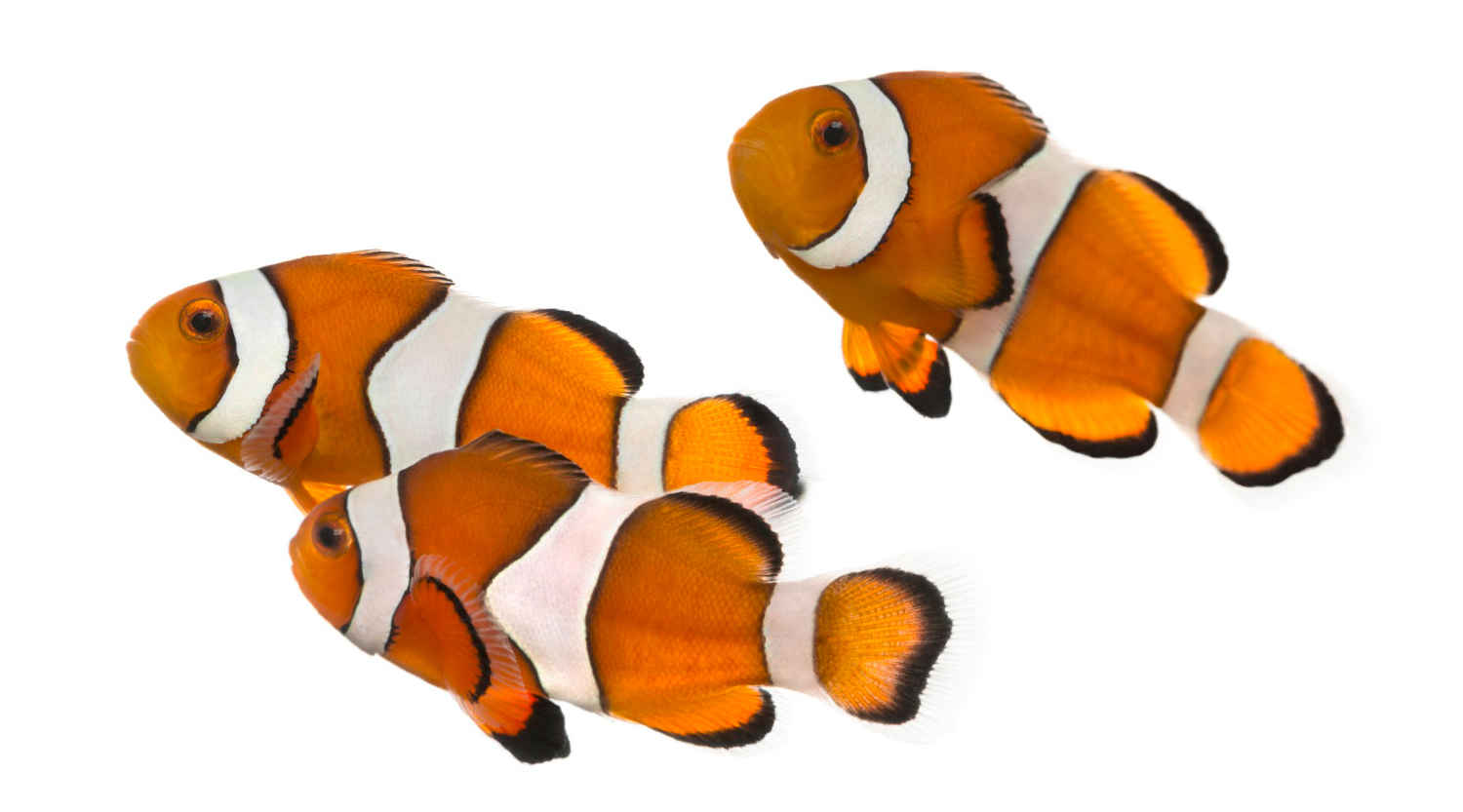
Biological filtration systems work by breaking down waste and harmful chemicals in the water. The most common type of biological filter is the sponge filter. These filters use a sponge to create a large surface area for beneficial bacteria to grow. As water passes through the sponge, the bacteria break down harmful chemicals and waste, keeping the water clean and healthy for fish.
Another type of biological filter is the bio-wheel filter. These filters use a rotating wheel that provides a large surface area for beneficial bacteria to grow. As water passes over the wheel, the bacteria break down waste and harmful chemicals, leaving clean water to flow back into the tank.
Chemical Filtration Systems
Chemical filtration systems remove toxins and impurities from the water. The most common type of chemical filter is the activated carbon filter. These filters use activated carbon to absorb chemicals and impurities from the water. They are often used in conjunction with mechanical and biological filters to provide a complete filtration system.
Choosing the Right Filtration System
The type of filtration system you choose will depend on the size of your tank, the type of fish you keep, and the level of filtration you need. In general, a combination of mechanical, biological, and chemical filtration will provide the best water quality for your fish.
If you have a small tank with a few fish, a hang-on-back filter or sponge filter may be sufficient. If you have a larger tank or a heavily stocked tank, a canister filter or bio-wheel filter may be necessary to provide adequate filtration.
When choosing a filtration system, consider the flow rate and turnover rate. The flow rate is the amount of water that the filter can process in a given period of time. The turnover rate is the amount of water that the filter can process in an hour. A good rule of thumb is to choose a filter that has a flow rate of at least four times the volume of your tank and a turnover rate of at least once an hour.
Choosing the right water filtration system is crucial for maintaining good water quality in your fish tank. Mechanical, biological, and chemical filtration systems all play an important role in keeping the water clean and healthy for fish. When choosing a filtration system, consider the size of your tank, the type of fish you keep, and the level of filtration you need. With the right filtration system, you can provide a safe and healthy environment for your fish to thrive.
In conclusion, choosing the best water filtration system for your fish tank is an essential aspect of maintaining a healthy and thriving aquatic environment. With the right filtration system, you can ensure that your fish are living in clean and safe water. When selecting a filtration system, consider the size of your tank, the type and number of fish you have, and your budget. Remember to also perform regular maintenance on your filtration system to keep it functioning optimally. With the information provided in this guide, you should now be able to make an informed decision on which water filtration system is best for your fish tank. Happy fish keeping!
Please follow us on Social Media


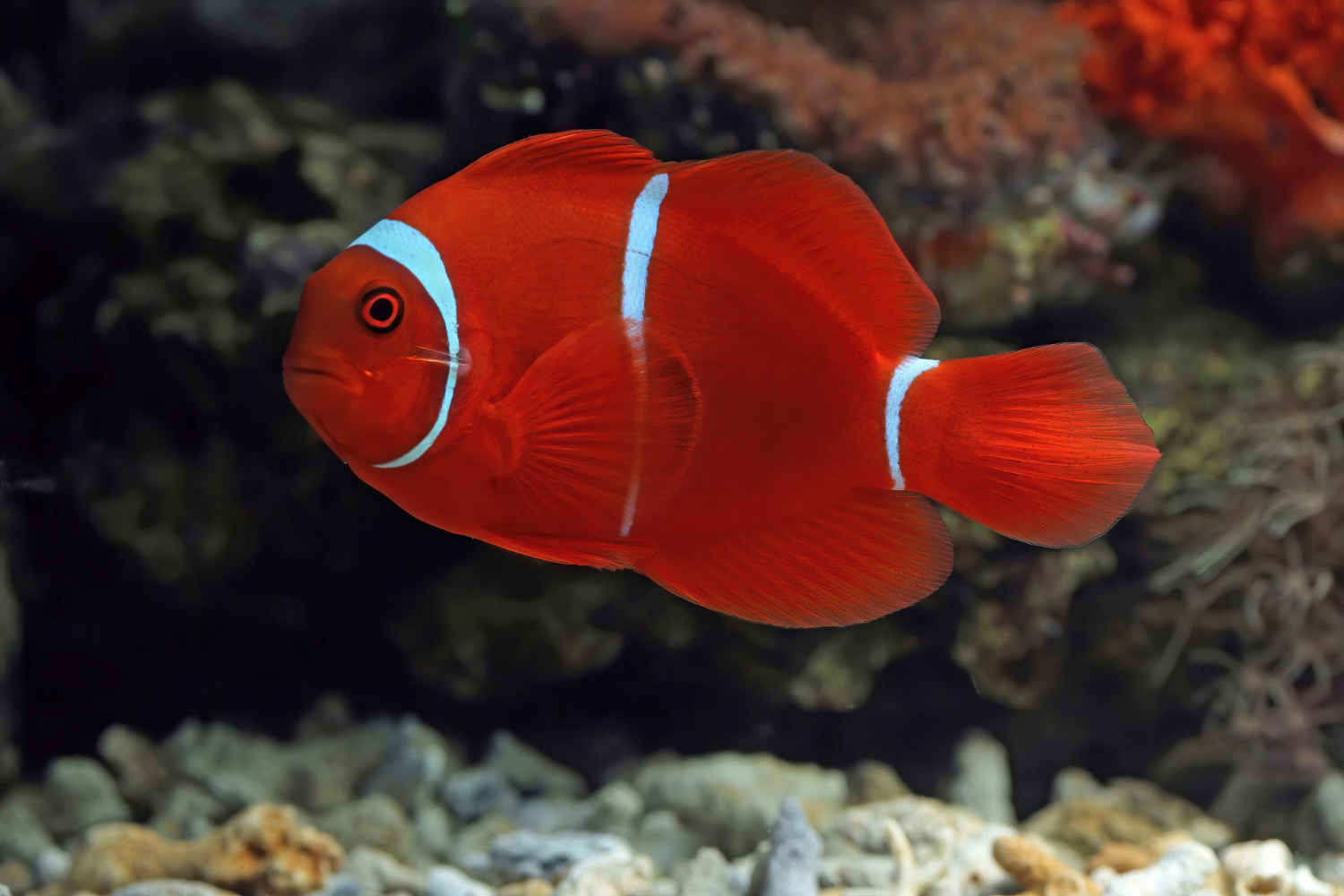
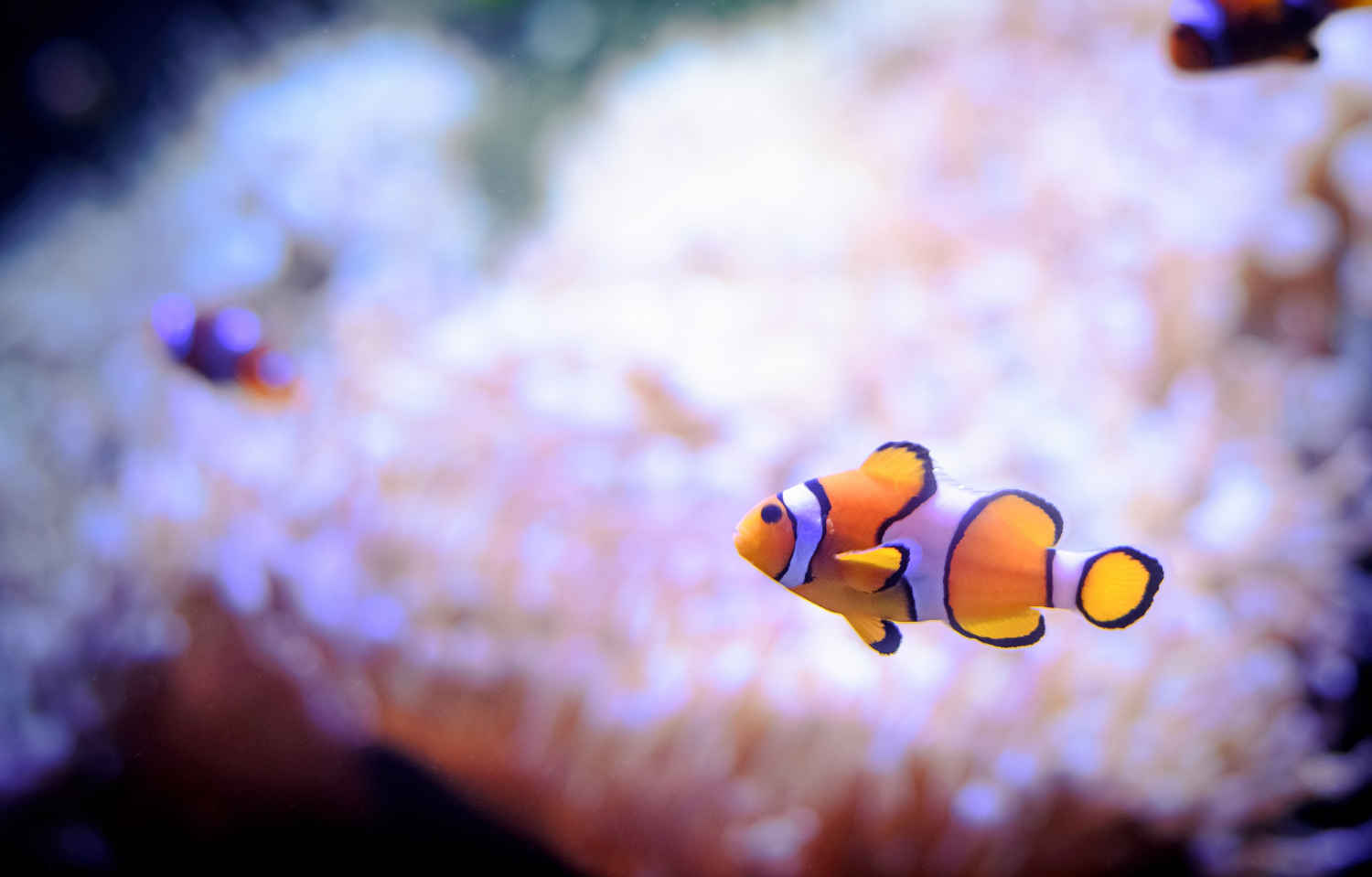
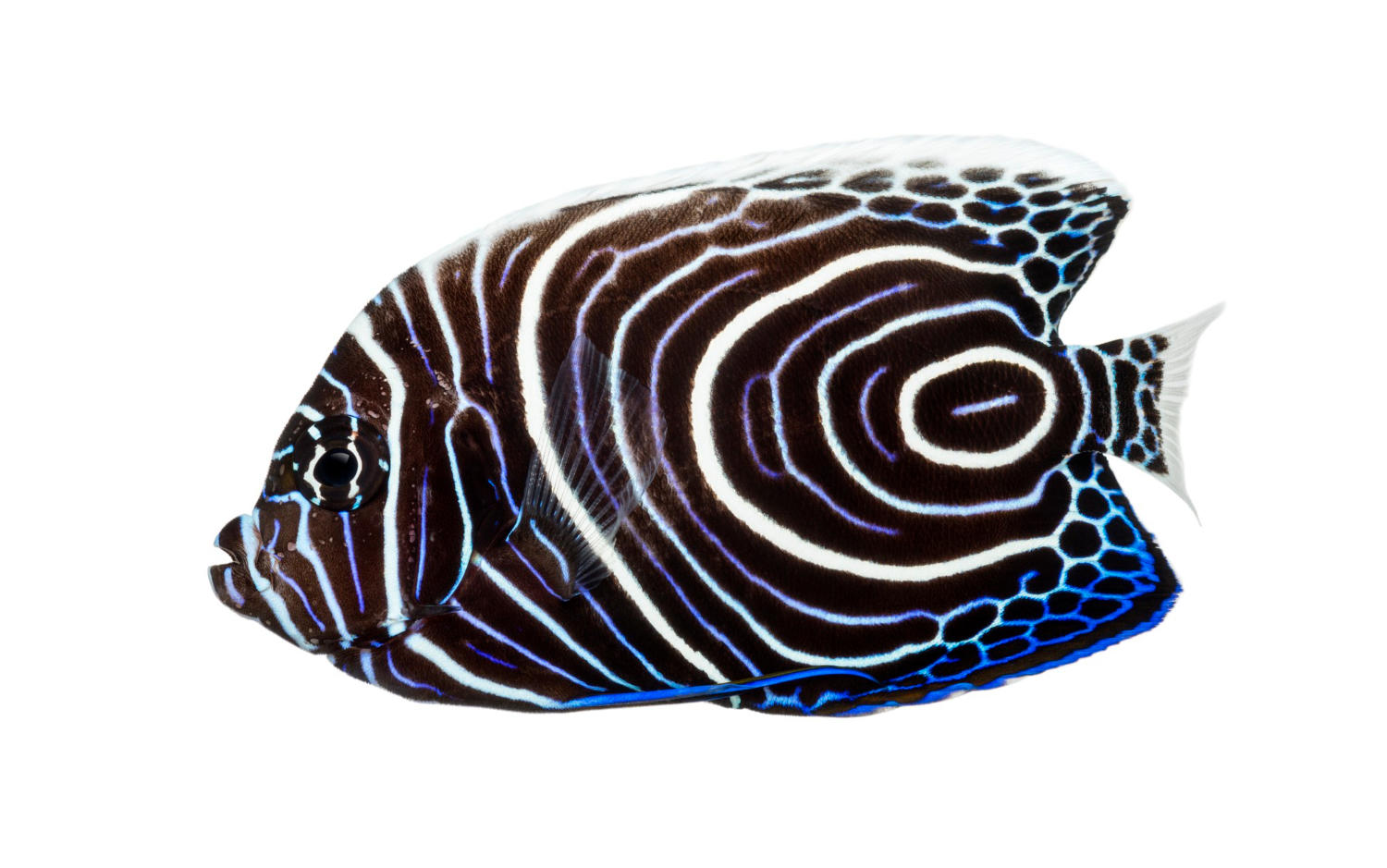
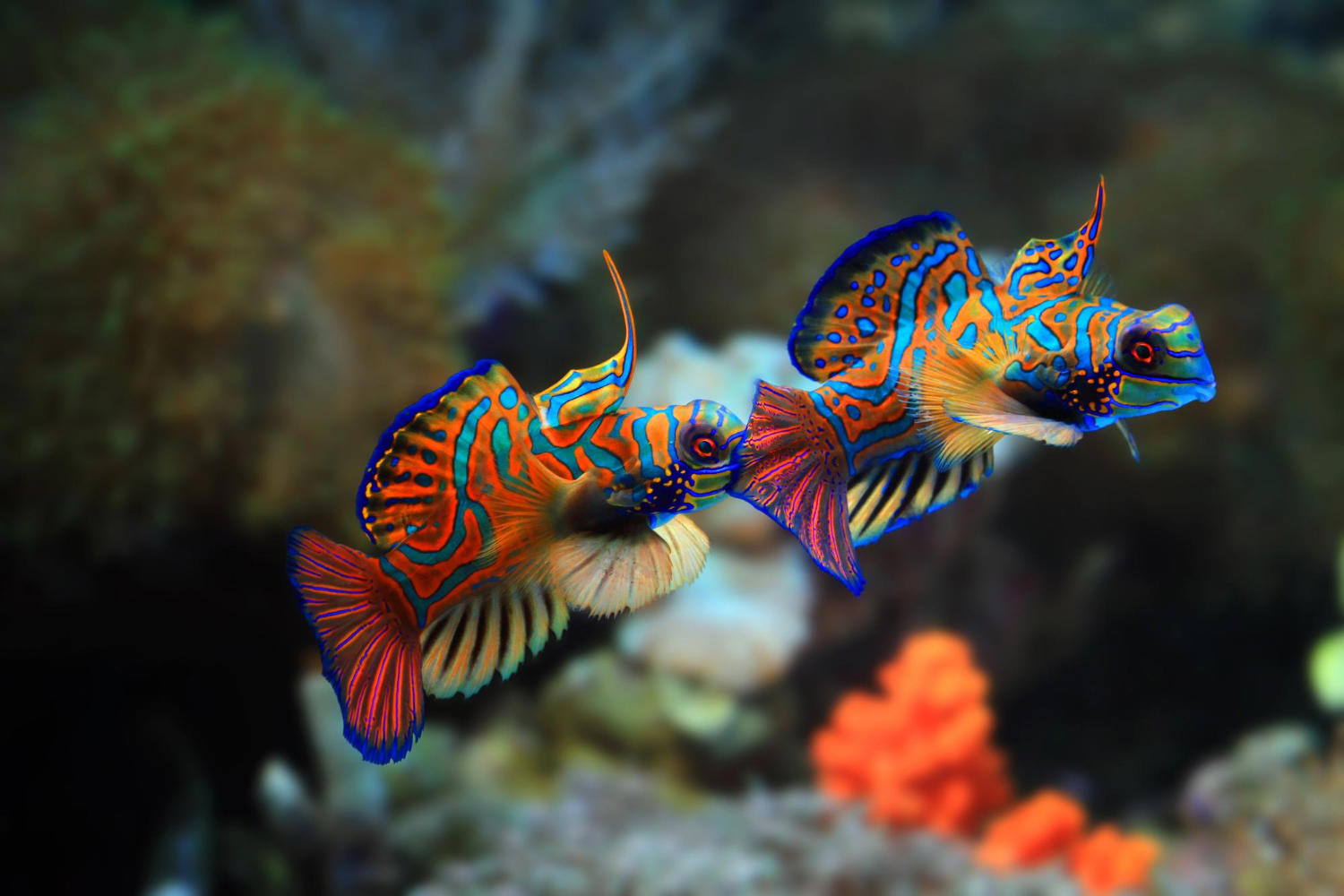
.jpg)
.jpg)